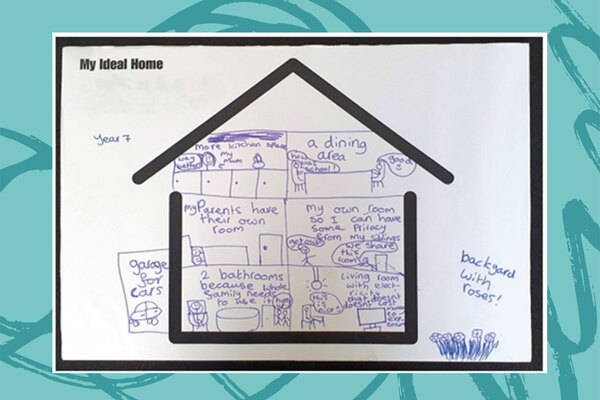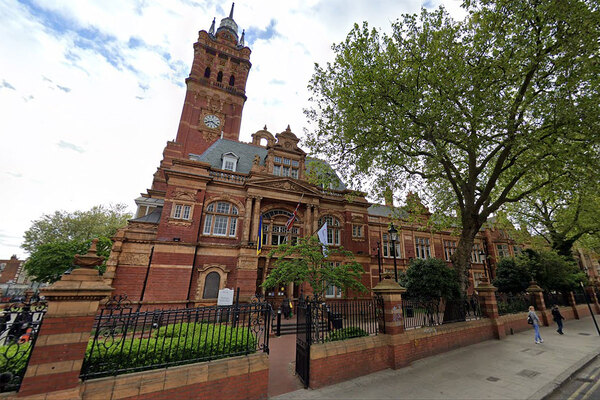You are viewing 1 of your 1 free articles
Council behind emergency Westminster summit set to declare housing emergency
A council that organised an emergency summit in Westminster about the temporary-accommodation spending crisis is set to declare a housing emergency.


Eastbourne Borough Council in East Sussex is holding a vote to declare a housing emergency later today, after it revealed 49p in every £1 collected by the council is now spent on temporary accommodation.
It is set to follow Crawley Borough Council, which voted to declare its own housing emergency on 22 February, after its spending on temporary accommodation increased 12-fold since 2018-19.
Stephen Holt, leader of Eastbourne Borough Council, told Inside Housing that more councils in the South East were likely to follow “very quickly”.
He said the vote on Wednesday would “endorse what we’ve done thus far, while also reaffirming our commitment to engage with government at the highest levels, and now shadow ministers as well”.
Homelessness and temporary accommodation is “the number-one issue for the financial stability of this authority”, Mr Holt added.
“There’s only so much you can do in terms of prevention, without government support and intervention.”
In January, Mr Holt organised an emergency meeting in Westminster attended by more than 50 local leaders from across the political spectrum, to discuss the temporary-accommodation spending crisis. “It was, in part, to get the government to understand that this wasn’t going to go away, and we want to engage with them productively on it,” he said.
At the summit, Mr Holt, a Liberal Democrat councillor, said his local authority was set to spend nearly £5m on this provision this year, up from £1.4m in 2018-19.
“We’ve always known it’s a risk, but it’s been ever more acute since COVID,” he told Inside Housing. “It isn’t just that the owners of those hotels/B&Bs are profiteering. Partly, it’s also [that] their costs have increased so substantially.”
Mr Holt explained that ,over the past nine months, the council had received 1,586 applications for social housing, despite having just 148 units available, which equated to 12 per property.
“It’s the tip of the iceberg,” he said.
Last month, the government announced a £600m funding boost for councils to tackle their financial crises. However, Mr Holt pointed out that this was mostly directed to county and unitary councils, rather than district and borough councils, which often provide temporary accommodation.
In Eastbourne, it meant “an increase of about £100,000. I would be foolish if I didn’t say I welcome more money. But really, £100,000 doesn’t make a huge difference when we’re talking such large figures for temporary accommodation,” he said.
Earlier this month, the cross-party Levelling Up, Housing and Communities Committee warned there was a £4bn funding gap over the next two years for councils in terms of local services at all levels.
Mr Holt is “optimistic” that a roundtable with the Treasury and the District Councils’ Network will take place shortly, and has received an offer from officials at the Department for Levelling Up, Housing and Communities for a meeting.
“We’ll certainly look to take a cross-party delegation with us,” he said.
His biggest ask for the spring Budget is for the government to provide emergency funding for councils specifically to cover temporary-accommodation costs, recognising that “this is a national crisis like social care is”.
He also urged ministers to uprate local housing subsidy, which is the amount councils can claim back from the government on temporary accommodation. The subsidy is currently frozen at 2011 rates.
“When you have a housing crisis and you can’t move people into social accommodation, or indeed the private rented sector, then to penalise local authorities for placing people in temporary accommodation seems a little bit archaic,” he said.
Sign up for our homelessness bulletin
Already have an account? Click here to manage your newsletters











